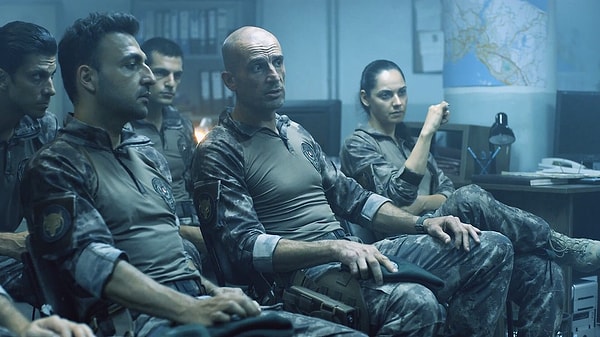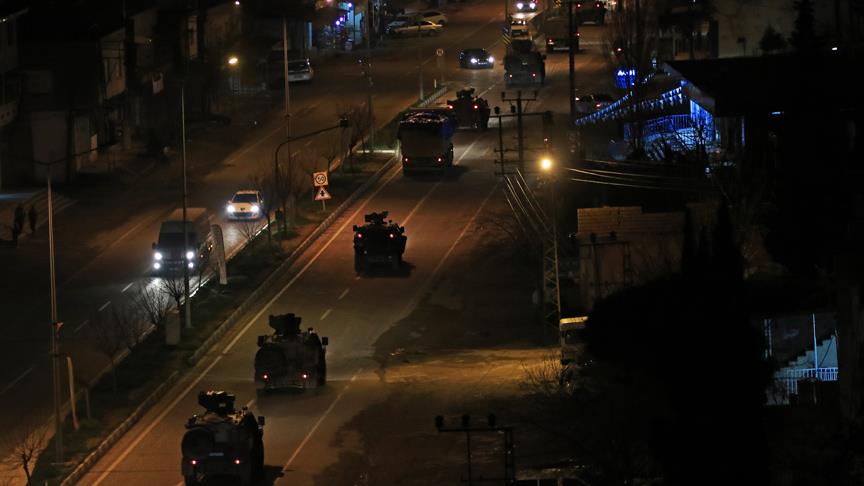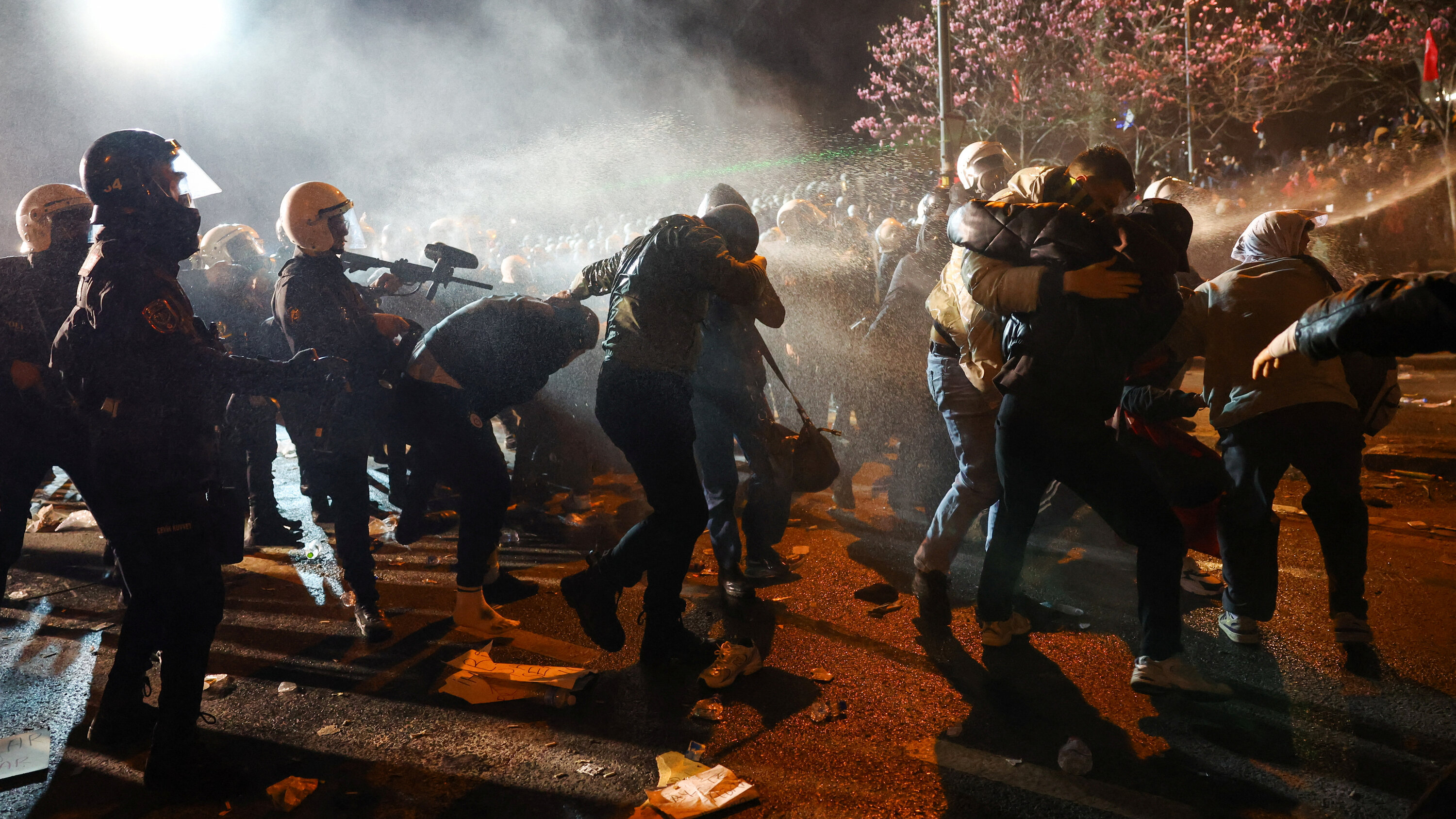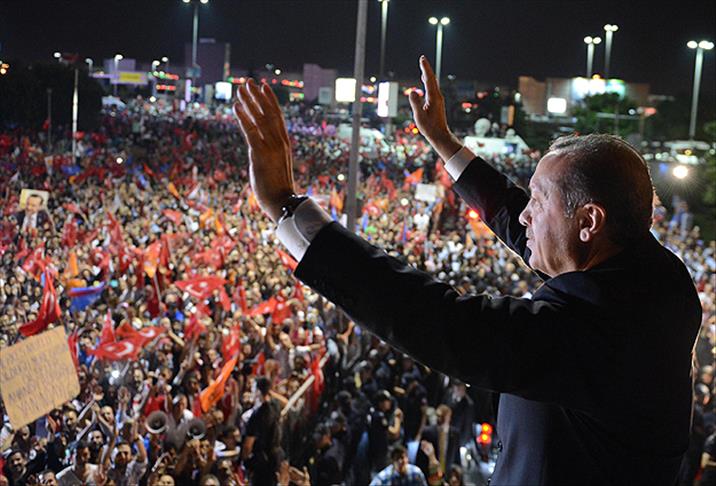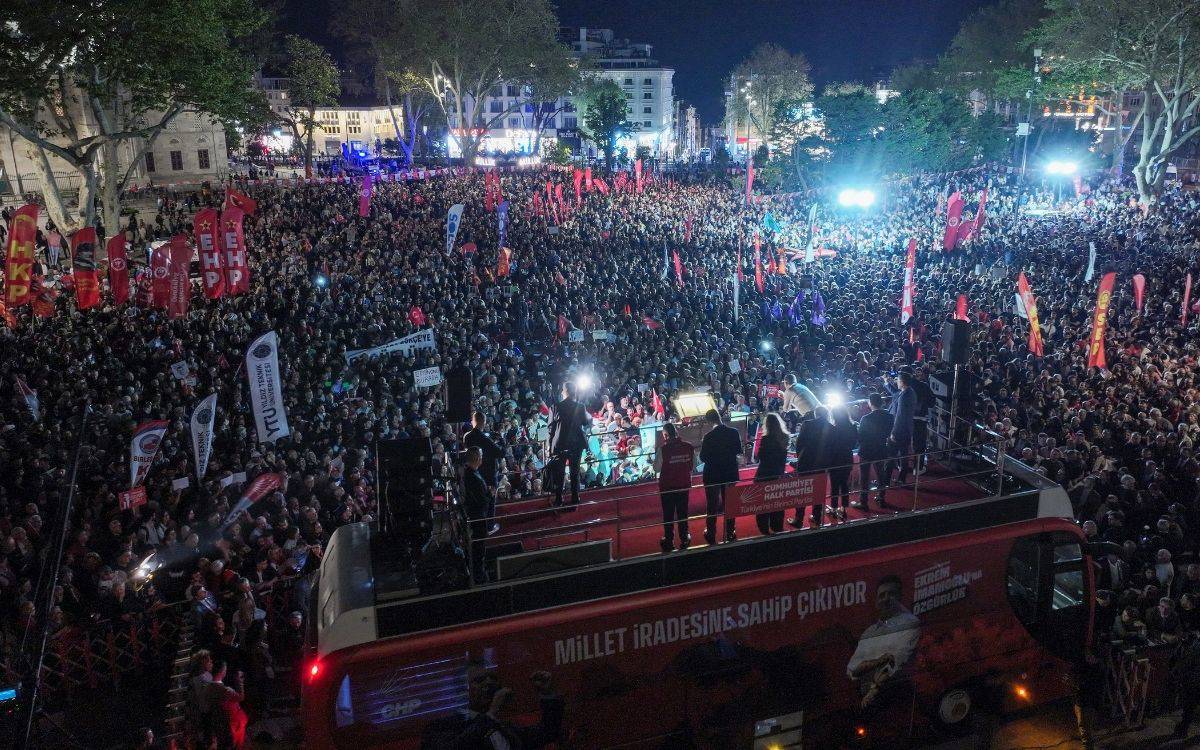- Oct 3, 2018
- 3,618

| 
| 
|
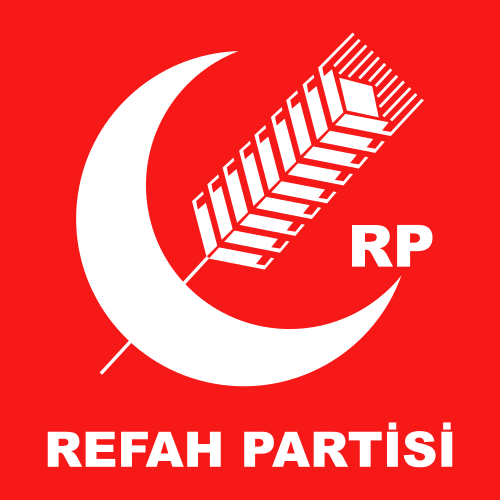
| 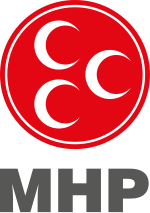
| 
|
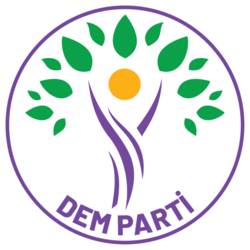
| 
| 
|

| 
| 
|

| 
| 
|

| 
| 
|
Party Leaders |
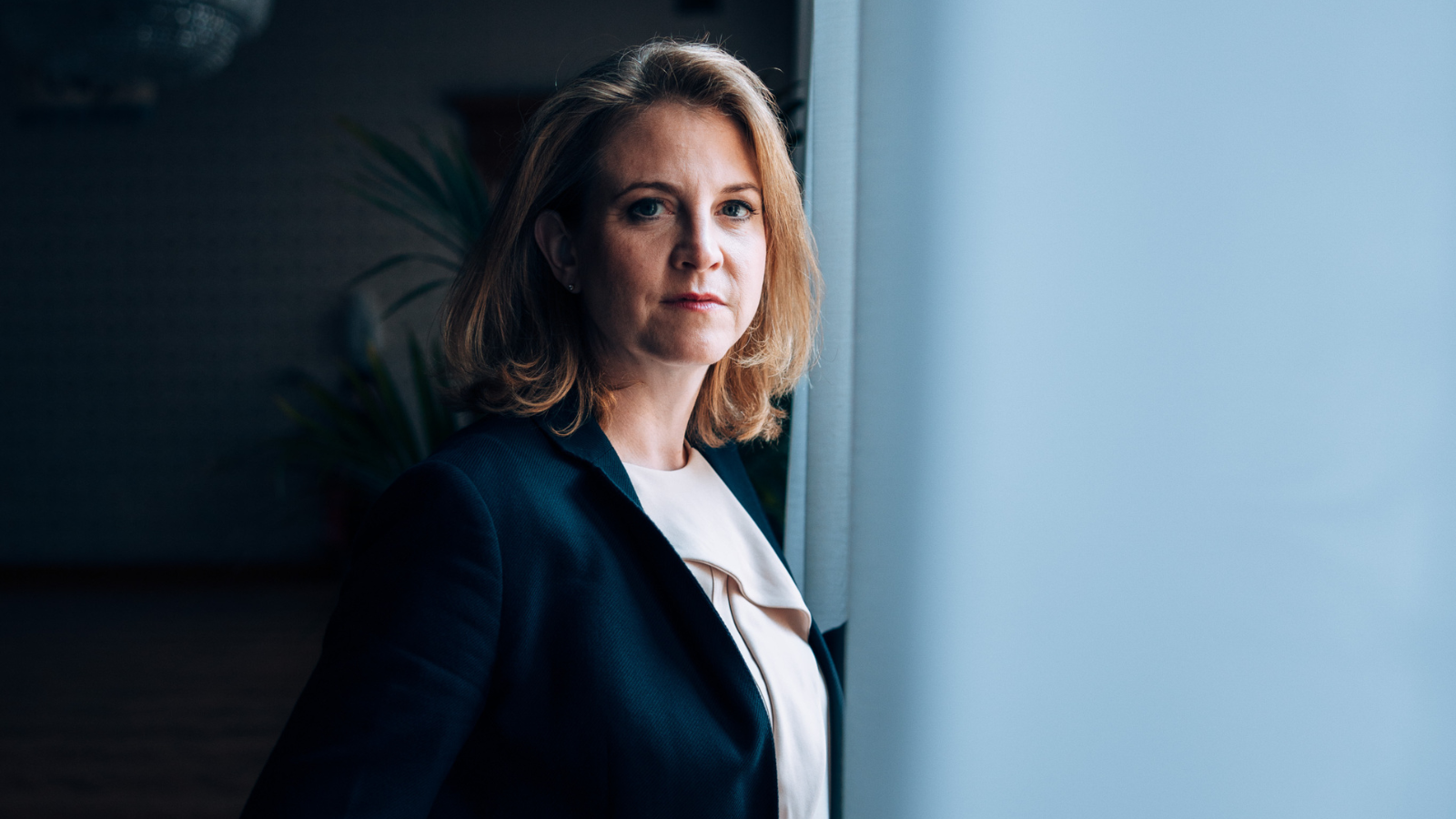
Ayşe Çiller Cumhuriyet Halk Partisi |

Ali Babacan Demokrasi ve Atılım Partisi |

Meral Akşener İYİ Parti |

Recep Tayyip Erdoğan Refah Partisi | 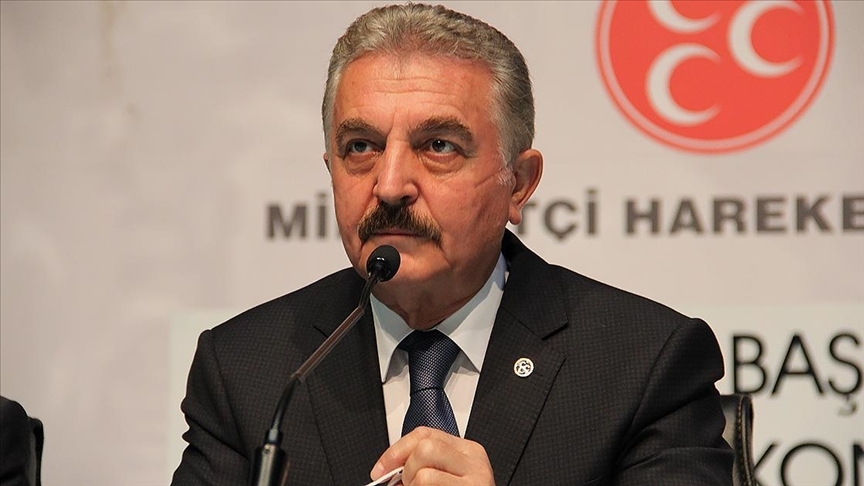
İsmet Büyükataman Milliyetçi Hareket Partisi | 
Ümit Özdağ Zafer Partisi |

Tuncer Bakırhan Halkların Demokratik Partisi | 
Ahmet Davutoğlu Gelecek | 
Rıdvan Turan Sosyal Demokrat Parti |
Presidential Candidates |

Muharrem İnce Cumhuriyet Halk Partisi | 
Abdullah Gül Refah Partisi | 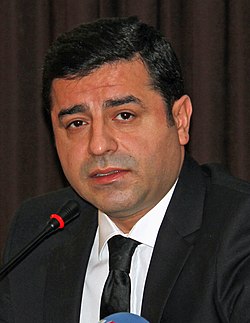
Selahattin Demirtaş Halkların Demokratik Partisi |
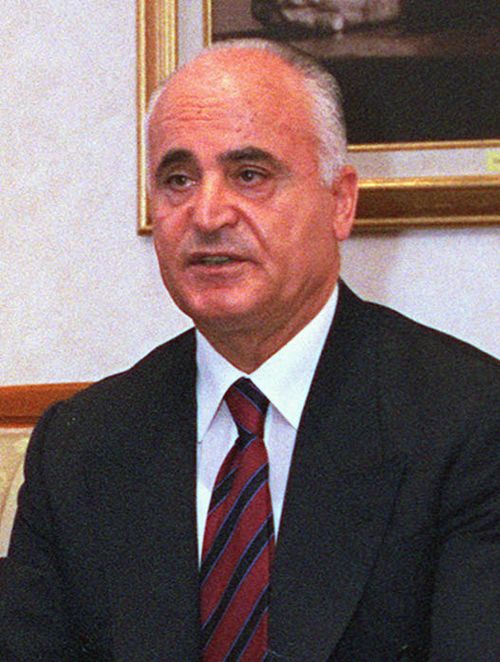
Sabahattin Çakmakoğlu Milliyetçi Hareket Partisi | 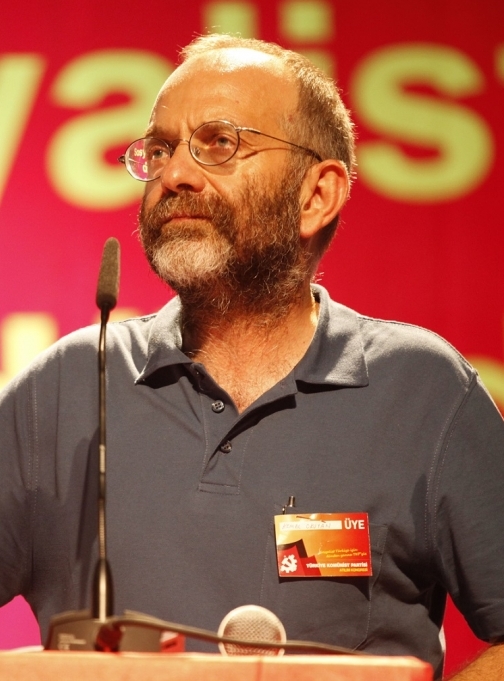
Kemal Okuyan Sosyal Demokrat Parti |

“I don’t trust any of them,” muttered one in a leather jacket, flicking ashes from his cigarette.
“CHP at least gave us the vote back,” replied a woman in a headscarf, clutching her books tightly.
“Gave it back?” the first one scoffed. “They took it in the first place.”
“Early voting has begun for Turkish citizens abroad, record turnout in Berlin and Amsterdam.”
“With the campaign period now in full swing,” the reporter said, “polls suggest a tight race between the CHP and the Refah Party, with coalition dynamics set to determine the balance of power. Still, the true surprise has been the military’s continued silence.”
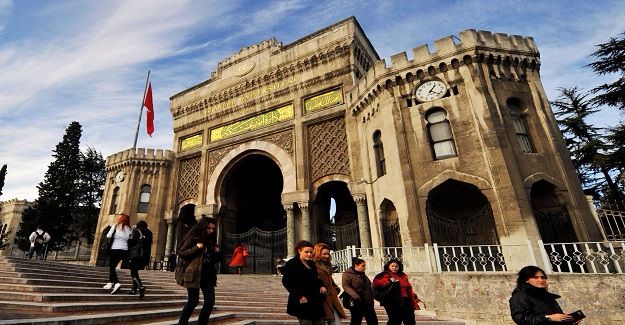
As the sun set over the Bosphorus, prayer call drifting faintly through the window, she opened her laptop to a debate stream."I don’t want a revolution. I want normal. I want to walk into court someday as a lawyer and not have the robe feel like a disguise."

Havasına, suyuna, taşına, toprağına
Bin can feda bir tek dostuma
Her köşesi cennetim, ezilir, yanar içim
Bi' başkadır benim memleketim
Anadolu bir yanda, yiğit yaşar koynunda
Âşıklar destan yazar dağlarda
Kuzusuna, kurduna, Yunus'una, Emrah'a
Bütün âlem kurban benim yurduma
Mecnun'a, Leyla'sına, erişilmez sırrına
Sen dost ararsan koş Mevlana'ya
"Yeniden doğdum" dersin, derya olur gidersin
Bi' başkadır benim memleketim
Gözü pek, yanık bağrı, türkü söyler çobanı
Zengin, fakir, hepsi de sevdalı
Ben gönlümü eğlerim, gerisi Allah kerim
Bi' başkadır benim memleketim


